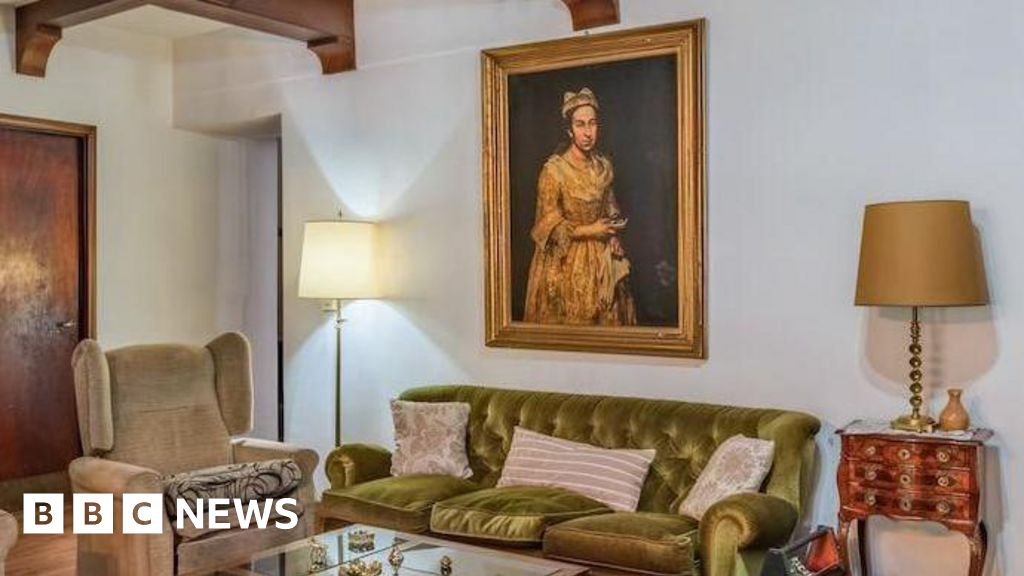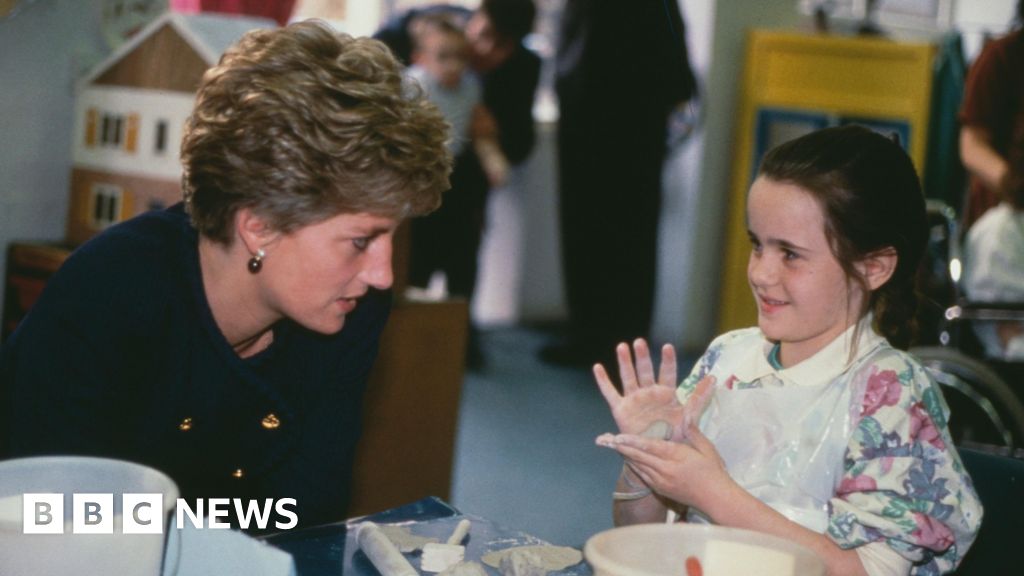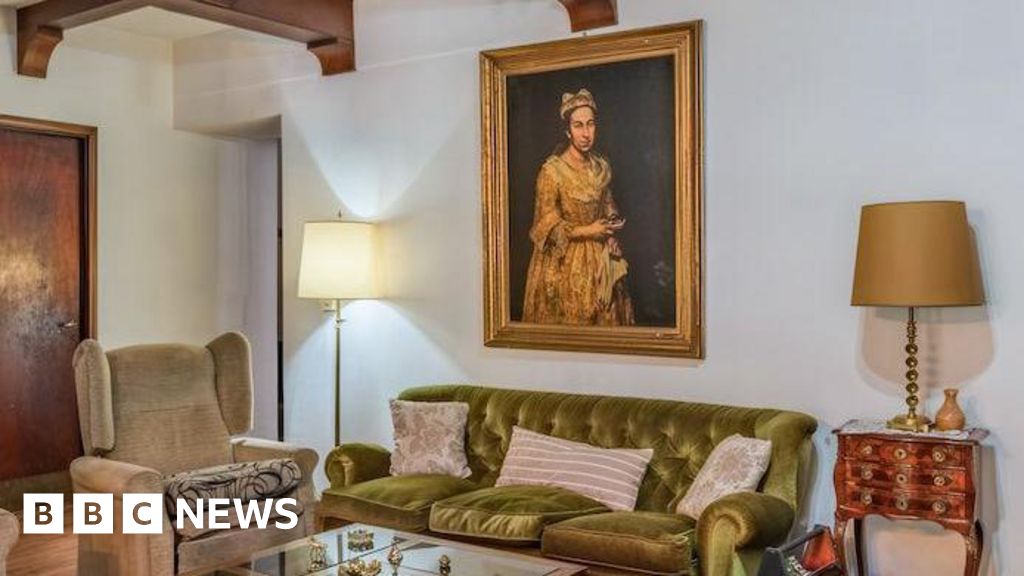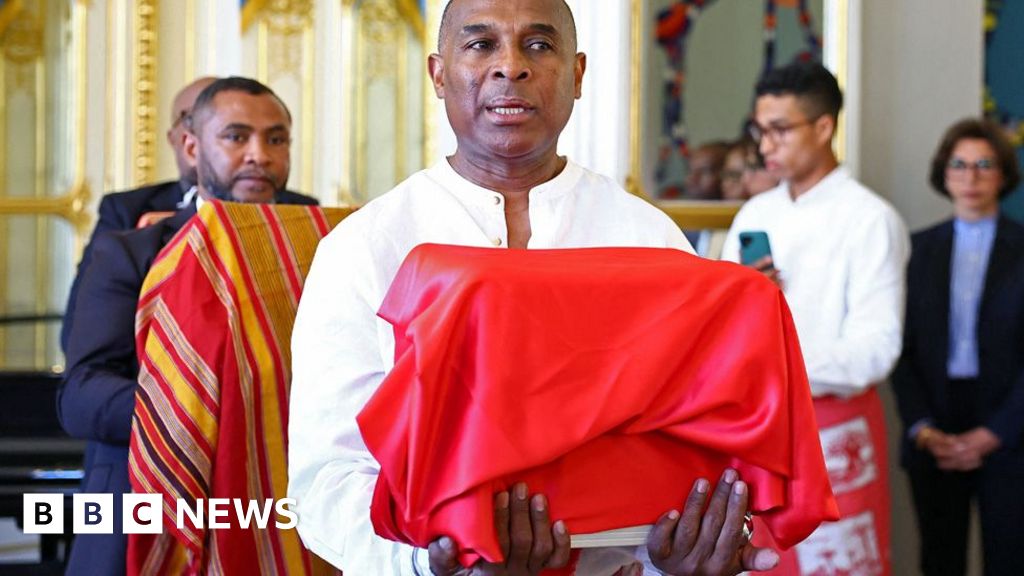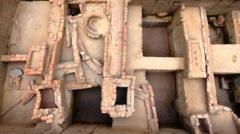When Daniel and Victoria Van Beuningen decided to renovate a villa in Wroclaw, Poland, they had little knowledge of its past. Abandoned for years, the house's overgrown garden sparked their imagination; they envisioned a lively home filled with chickens and gardens. What they didn't anticipate were the haunting remnants of World War II buried beneath their feet.
Initially, their neighbors shed little light on the villa's history. The most significant detail shared was that the house had once hosted a Communist newspaper. However, an inquiry led them to the Meinecke family in Heidelberg, Germany. The elderly siblings, raised in the villa, revealed an unsettling secret: the couple might discover the remains of German soldiers buried in their garden.
Skeptical at first, the Van Beuningens were shaken when Daniel unearthed a Nazi-era helmet while digging a trench for a water pipe in the backyard. Soon after, an archaeologist knocked on their door, armed with evidence of a “war cemetery” associated with their address. This revelation propelled the couple to seriously consider an investigation.
The narrative unfolds as the Van Beuningens grapple with their findings while being caught in a broader discourse in Germany about how to confront the legacy of WWII. Amidst the rise of nationalism in Germany, the handling of its past remains complex and contentious, raising questions about how society honors or conceals its historical truths.
Initially, their neighbors shed little light on the villa's history. The most significant detail shared was that the house had once hosted a Communist newspaper. However, an inquiry led them to the Meinecke family in Heidelberg, Germany. The elderly siblings, raised in the villa, revealed an unsettling secret: the couple might discover the remains of German soldiers buried in their garden.
Skeptical at first, the Van Beuningens were shaken when Daniel unearthed a Nazi-era helmet while digging a trench for a water pipe in the backyard. Soon after, an archaeologist knocked on their door, armed with evidence of a “war cemetery” associated with their address. This revelation propelled the couple to seriously consider an investigation.
The narrative unfolds as the Van Beuningens grapple with their findings while being caught in a broader discourse in Germany about how to confront the legacy of WWII. Amidst the rise of nationalism in Germany, the handling of its past remains complex and contentious, raising questions about how society honors or conceals its historical truths.








